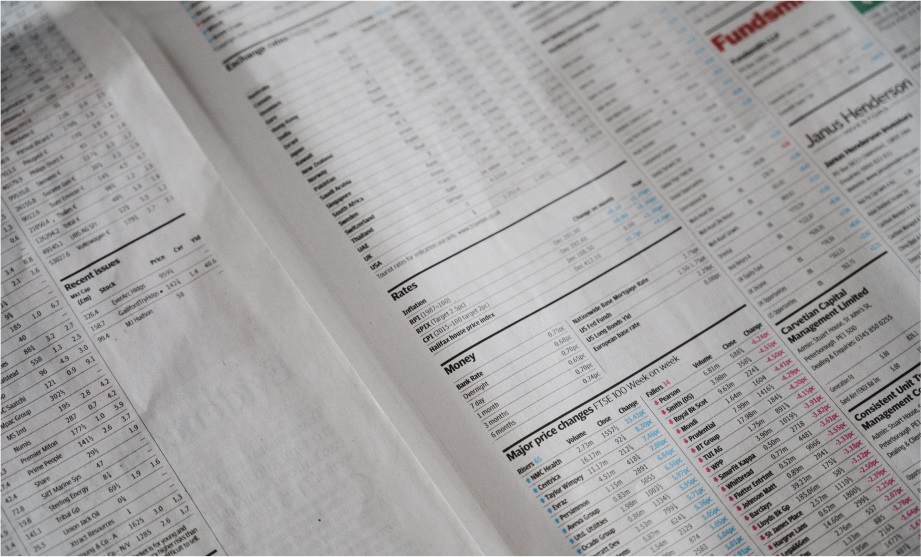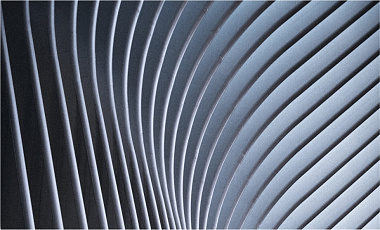In this legal update, the Denuo team addresses trends in the current development of court cases on the matter and gives recommendations regarding the mitigation of the related risks.
Legal stance of the customs authorities
When charging agency VAT additionally on the customs value of goods, the customs authorities base their legal stance on the clarifications of the departments of the Ministry of Finance of Russia set out in LettersThe essence of the clarifications of the departments of the Ministry of Finance of Russia is that the amounts of VAT calculated, withheld and paid by the entry filer to the budget of the Russian Federation are not included in the list of permitted deductions from the price actually paid or payable for goods (“APP”), provided in section 2 of article 40 of the Customs Code of the EAEU, while the Recommended Opinions are applicable to any type of taxes. Taking into account the above, the departments of the Ministry of Finance of Russia conclude that agency VAT is to be included in the customs value of goods as part of additional charges to APP in the form of royalties.
Current court case developments
Court practice on this matter is currently being shaped; it is ambiguous and contradictory at present (see Exhibit 1 hereto). However, adjudication in favour of the customs authorities can be singled out as the most recent trend.The position of courts confirming the lawfulness of decisions of the customs authorities on charging agency VAT additionally on the customs value of imported goods is based on the arguments expressed in the abovementioned clarifications of the Ministry of Finance of Russia and is supported by references to the Recommended Opinions.
Other courts that second the entry filers’ position on the unlawfulness of the inclusion of agency VAT in the customs value of the imported goods are guided by the following main arguments:
- agency VAT is recoverable; it represents a tax exemption to the budget of the Russian Federation and does not form part of the licensor’s royalty income, and therefore is not part of the APP;
- the list of additional charges under article 40 of the Customs Code of the EAEU is exhaustive, therefore agency VAT, which is not included in that list, should not be added to the customs value of the imported goods;
- under the laws of the Russian Federation, the agency VAT payment is a tax obligation of the entry filer and is not a condition of the import of goods to the Russian Federation;
- the inclusion of agency VAT in the customs value of goods serving as the ground for calculating customs payments entails the imposition of import VAT on agency VAT amounts, which is impermissible from the perspective of double tax prohibition;
- the Recommended Opinions are not applicable to agency VAT as they are expressed in relation to situations with other actual circumstances, namely in relation to profit tax, which has principles and elements of taxation different from those of agency VAT.
Nevertheless, there are disputes on solely charging VAT on royalties additionally on the customs value of goods (see, for example, cases
There is currently no detailed legal position of the Supreme Court of the Russian Federation on this issue. In two of the cases listed in the table (Nos. A40-251204/2021, A56-90356/2021), the Supreme Court of the Russian Federation upheld the lower court decisions in favour of the customs authorities, but did not express a detailed legal position on the subject matter of the disputes.
Our recommendations
Charging agency VAT additionally on the customs value of imported goods based on customs control results leads not only to the collection of additional amounts of customs payments, as well as penalties, but also often entails the imposition of administrative liability on companies for false declaration.Therefore, taking into account the ambiguous enforcement practice on the issue under consideration and the lack of a detailed position of the Supreme Court of the Russian Federation on it, as well as taking into account the tendency to adjudicate, in most cases, not in favour of entry filers, we recommend that companies take the following steps in advance to minimise the risks both for current supplies of goods, as well as for the deliveries that took place during the last three years:
- to carry out a detailed legal analysis, including in order to assess the feasibility of including VAT on royalties in the customs value of goods and the additional payment of customs duties and penalties on their own;
- in case of disagreement with the position of the customs authorities: to challenge the results of customs control immediately or within three years;
- in case of recognition as justified based on the results of risk assessment: to make changes to the information set out in the customs entries for the previous three years and pay additional amounts of customs payments;
- to analyse and, if necessary, change the approach to declaring goods for current goods’ deliveries in order to manage their costs and preserve the possibility to subsequently refer to court within three years;
- to prepare a legal position considering the specific factual background in advance;
- to engage a qualified legal team during customs audits and in challenging customs authorities’ decisions issued as the result such audits.
The Denuo team has extensive experience in supporting clients during customs audits and in challenging customs authorities’ decisions, both in court proceedings and out of court, and in advising companies during administrative and criminal proceedings when sanctions are imposed and will be glad to provide the necessary support to you.





